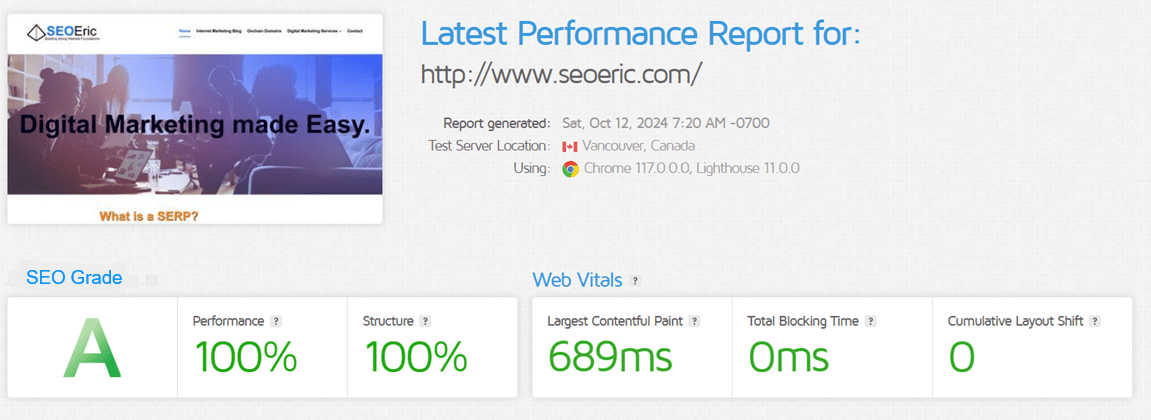
What is a SEO Audit?
An SEO audit is a comprehensive evaluation of a website's search engine optimization performance. The purpose is to identify strengths, weaknesses, and areas for improvement in order to enhance the site's visibility in search engine results.
Key components of an SEO audit typically include:
1. **Technical SEO**: Checking website architecture, crawlability, indexing issues, site speed, mobile-friendliness, and security (like HTTPS).
2. **On-Page SEO**: Analyzing content quality, keyword optimization, meta tags, headings, image alt attributes, and URL structure.
3. **Off-Page SEO**: Evaluating backlink profiles, domain authority, and social media presence.
4. **User Experience (UX)**: Assessing site navigation, layout, and overall user engagement.
5. **Content Analysis**: Reviewing the relevance and freshness of content, as well as identifying gaps or opportunities for new content.
6. **Competitor Analysis**: Comparing the site's SEO performance with that of key competitors to identify potential advantages or areas for improvement.
The insights from an SEO audit help website owners and marketers create a strategic plan to boost organic search traffic and improve overall online presence.
Benefits of using a SEO Audit report:
Conducting an SEO audit offers several benefits that can significantly enhance a website's performance and visibility. Here are some key advantages:
1. **Improved Search Rankings**: Identifying and addressing issues can help boost your site's rankings on search engine results pages (SERPs).
2. **Increased Organic Traffic**: By optimizing for search engines, your site is more likely to attract relevant visitors, leading to higher organic traffic.
3. **Better User Experience**: Audits often highlight areas where user experience can be improved, resulting in more satisfied visitors and lower bounce rates.
4. **Content Optimization**: Analyzing existing content helps ensure it is relevant, high-quality, and aligned with user intent, which can improve engagement.
5. **Identifying Technical Issues**: Spotting technical problems, such as broken links or slow loading times, allows for timely fixes that can enhance overall site performance.
6. **Competitive Advantage**: Understanding how your site compares to competitors can reveal opportunities to outperform them in specific areas.
7. **Actionable Insights**: SEO audits provide a clear roadmap of tasks to prioritize, making it easier to implement effective strategies.
8. **Long-Term Strategy**: Regular audits help you stay updated with changing algorithms and trends, ensuring your SEO strategy remains effective over time.
9. **Enhanced Local SEO**: For businesses targeting local markets, audits can help improve local search visibility and optimize Google My Business listings.
10. **Better ROI**: By optimizing your site based on audit findings, you can increase conversions and improve the return on investment for your digital marketing efforts.
Overall, an SEO audit is a valuable tool for maintaining and improving a website's performance in a competitive digital landscape.
